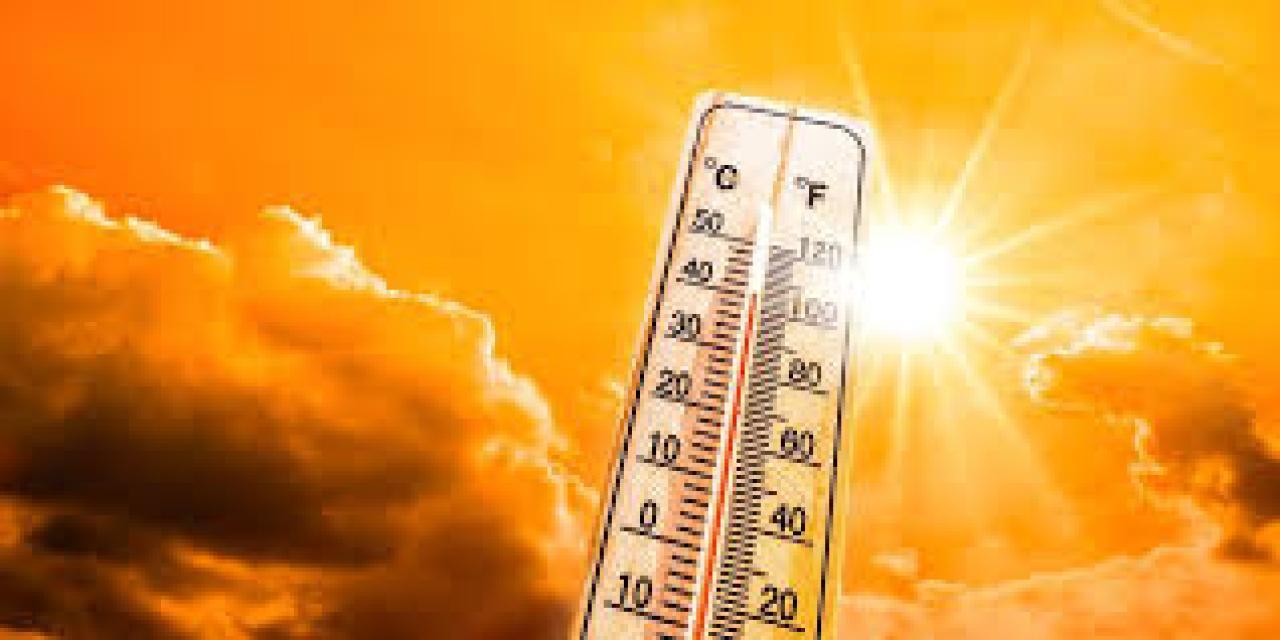An ANI report reveals that human-induced climate change added 41 days of dangerous heat globally in 2024, leading to over 3,700 deaths and widespread displacement. Experts urge immediate climate action to avert further crises.

Representational Pic
Extreme weather events, exacerbated by human-induced climate change, have claimed over 3,700 lives, displaced millions, and added 41 days of dangerous heat globally in 2024, as per an analysis conducted by two leading climate research organisations.
ADVERTISEMENT
The report titled When Risks Become Reality: Extreme Weather in 2024 by World Weather Attribution (WWA) and Climate Central highlights the pressing need for countries to accelerate their transition away from fossil fuels and prepare for an anticipated increase in extreme weather events in 2025 and beyond.
“This year has provided the starkest and most devastating evidence of the effects of fossil fuel-driven warming,” said Dr Friederike Otto, lead of WWA and Senior Lecturer in Climate Science at Imperial College London, according to ANI. “Extreme weather killed thousands, displaced millions, and caused unrelenting suffering.”
The report revealed that human-caused climate change has contributed to an average of 41 additional days of dangerous heat worldwide in 2024. These days are characterised by temperatures in the top 10% of historical records (1991–2020), posing severe risks to public health.
Of the 29 major weather events studied, 26 were found to have been intensified by climate change. According to ANI, these included catastrophic floods, hurricanes, and droughts, which collectively claimed at least 3,700 lives and displaced countless others.
One of the deadliest events occurred in Africa, where floods in Sudan, Nigeria, and Cameroon resulted in over 2,000 deaths and displaced millions. The report warned that similar events could become annual occurrences if global warming surpasses 2 degrees Celsius, a threshold that could be crossed as early as the 2040s.
In India, extreme rainfall in Kerala and its surrounding regions was among the 219 severe weather events analysed. Meanwhile, Hurricane Helene, which devastated six US states, was found to be 200 to 500 times more likely due to rising sea temperatures, leaving 230 people dead.
As per ANI, the report also spotlighted a historic drought in the Amazon rainforest, made 30 times more likely by global warming. This crisis threatens the region’s role as a critical carbon sink and endangers its biodiversity.
“Africa continues to bear the brunt of climate change despite contributing the least to global emissions,” said Joyce Kimutai, Research Associate at the Centre for Environmental Policy, Imperial College London. “In 2025, wealthy nations must begin honouring their climate finance commitments to help Africa adapt.”
The report set out four urgent resolutions for 2025: faster adoption of renewable energy, enhanced early-warning systems, real-time tracking of heat-related deaths, and greater financial support for developing countries to combat climate change.
According to ANI, Dr Otto emphasised, “The solutions have been in front of us for years. In 2025, every nation must intensify efforts to protect people from extreme weather by transitioning to renewable energy and halting deforestation.”
As 2024 edges towards becoming the hottest year on record, scientists have called for immediate and unified global action to address the worsening climate crisis. Without intervention, the number of dangerous heat days and their associated impacts will only continue to rise.
(With inputs from ANI)
 Subscribe today by clicking the link and stay updated with the latest news!" Click here!
Subscribe today by clicking the link and stay updated with the latest news!" Click here!







